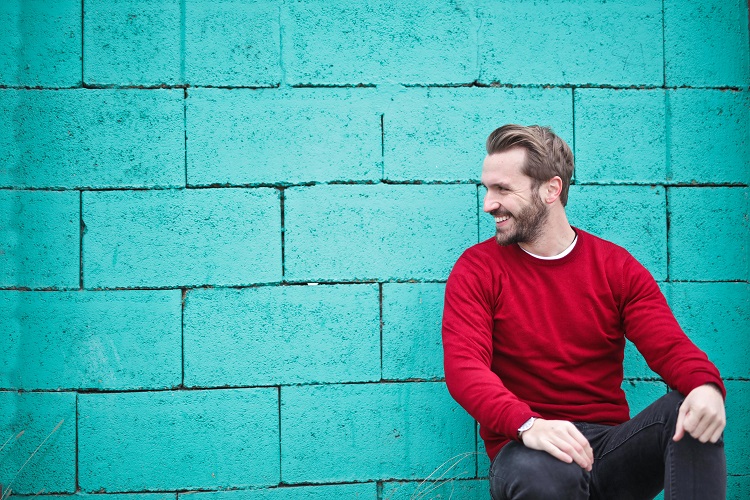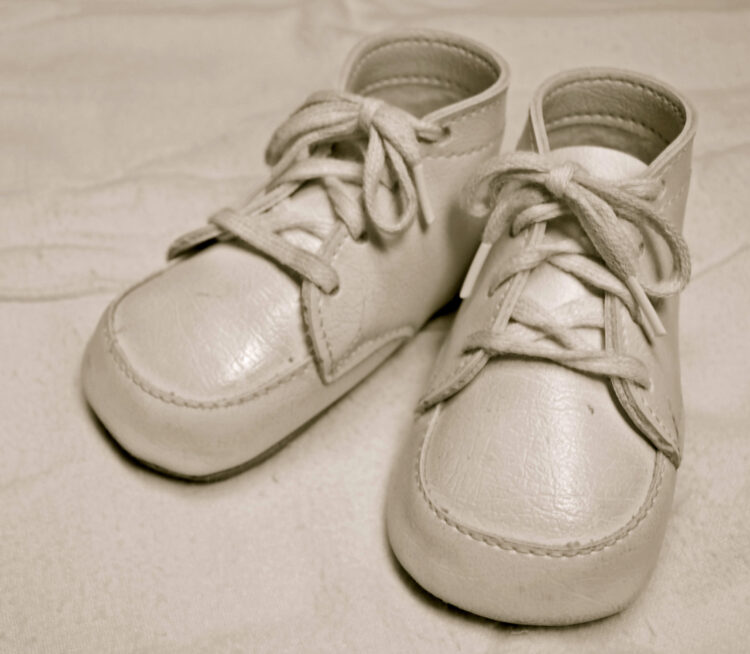Introduction
Have you ever found yourself in a situation where you wanted to ask someone how their day was in Spanish, but didn’t know how to do it? Or maybe you’ve been on the receiving end of this question and struggled to come up with an appropriate response. Whether you’re traveling to a Spanish-speaking country or simply want to expand your language skills, knowing how to greet someone, ask about their day, and say goodbye in Spanish can go a long way in building connections and making meaningful conversations. In this article, we’ll explore the different ways to greet someone, ask about their day, respond to the same question, and say goodbye in Spanish. We’ll also cover some common phrases that can help you navigate daily conversations with ease. So let’s get started!
Greeting someone in Spanish
Hola! If you’re looking to greet someone in Spanish, there are a few different ways to do so depending on the time of day and level of formality.
For a casual greeting, you can simply say “Hola” (pronounced oh-lah), which means hello. This is appropriate for friends, family members, or anyone you have an established relationship with.
If you’re greeting someone in a more formal setting, such as a business meeting or with someone you don’t know well, it’s appropriate to use “Buenos días” (pronounced bway-nos dee-as) for good morning, “Buenas tardes” (pronounced bway-nas tar-days) for good afternoon/evening, or “Buenas noches” (pronounced bway-nas no-chays) for good night.
Remember that in Spanish-speaking cultures, greetings are often accompanied by physical touch such as a hug or kiss on the cheek. So don’t be surprised if your new Spanish-speaking friend greets you with a warm embrace!
Asking how someone’s day was in Spanish
Hola amigos! In this section, we will learn how to ask someone about their day in Spanish. It is always nice to show interest in someone’s day and asking about it in Spanish can help you connect with the locals and make new friends.
To ask “How was your day?” in Spanish, you can say “¿Cómo estuvo tu día?” or “¿Cómo te fue hoy?” Both phrases are commonly used and convey the same meaning.
It is important to note that in Spanish-speaking countries, people tend to take their time when answering questions like this. So don’t be surprised if they give you a detailed response about their day!
Asking about someone’s day is a great conversation starter and can lead to more interesting topics. So go ahead and try asking your Spanish-speaking friend or colleague how their day was using these phrases!
Responding to someone asking how your day was in Spanish
When someone asks you how your day was in Spanish, there are several ways to respond depending on the situation and your mood. One common response is “bien, gracias” which means “good, thank you.” This is a polite and simple way to answer the question.
If you had a particularly good day, you could say “muy bien, gracias” which means “very good, thank you.” On the other hand, if your day wasn’t so great, you could say “regular” which means “okay” or “no tan bien” which means “not so good.”
It’s important to remember that in Spanish-speaking cultures, people often ask about each other’s well-being as a form of politeness and social interaction. So even if your day wasn’t great, it’s still polite to respond positively and ask how the other person’s day was as well.
Ways to say goodbye in Spanish
As we wrap up our conversation, it’s important to know some common ways to say goodbye in Spanish. One of the most common phrases is “adiós,” which translates to “goodbye.” This phrase can be used in any situation, whether you’re saying goodbye to a friend or leaving a business meeting.
Another way to say goodbye is “hasta luego,” which means “see you later.” This phrase is often used when you expect to see the person again soon. If you want to be more casual, you can use “nos vemos,” which also means “see you later.”
If you’re saying goodbye on the phone, a common phrase is “chao” or “chau,” which is similar to saying “bye” in English. And if you want to end your conversation with a polite farewell, you can use “que tenga un buen día” or “que le vaya bien,” both of which mean “have a good day” or “take care.”
Learning these phrases will not only help you navigate daily conversations in Spanish-speaking countries but also show respect for the language and culture.
Common Spanish phrases for daily conversation
As you continue to learn Spanish, it’s important to become familiar with common phrases used in daily conversation. These phrases can help you navigate through simple interactions and make your conversations more natural.
One of the most common phrases you’ll hear is “¿Cómo estás?” which means “How are you?” This phrase is often used as a greeting and can be responded to with “Estoy bien, gracias” meaning “I’m good, thank you.” Another useful phrase is “Mucho gusto” which translates to “Nice to meet you.” This phrase is often used when meeting someone for the first time.
If you need to ask for something, try using “Por favor” which means “Please.” And if someone thanks you for something, respond with “De nada” which means “You’re welcome.”
Learning these common Spanish phrases will not only help improve your communication skills but also show respect and appreciation for the language and culture.
Conclusion
In conclusion, learning how to ask and respond to the question “How was your day?” in Spanish is a great way to improve your language skills and connect with Spanish-speaking individuals. By using the phrases and tips outlined in this article, you can confidently greet someone, inquire about their day, and bid them farewell in a culturally appropriate manner. Additionally, incorporating common Spanish phrases into your daily conversation can help you build relationships with native speakers and deepen your understanding of the language. So go ahead and practice these phrases with friends or colleagues – you never know where it might lead!








